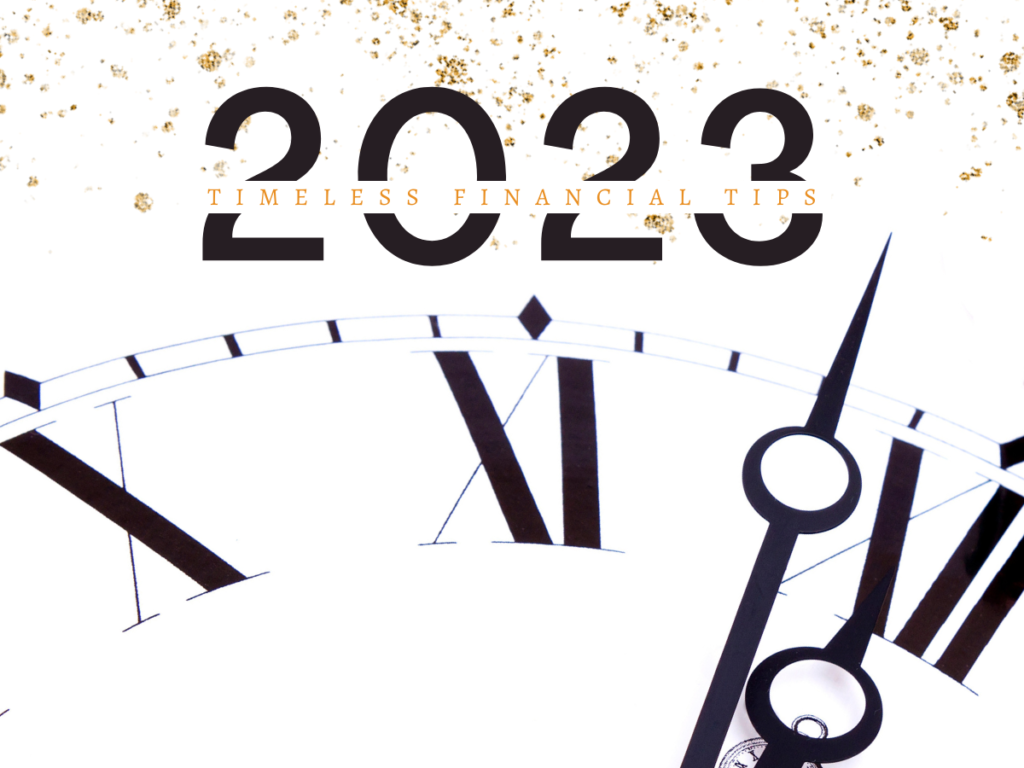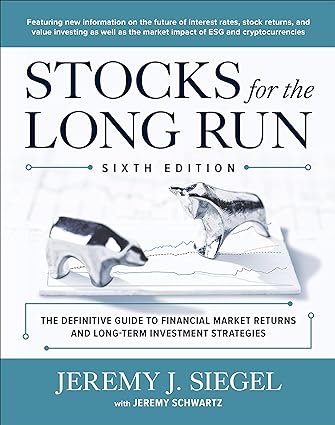As retirement approaches, you ask yourself if you should work after retirement. Here’s a list of pros and cons to find out which path is right for you.

By Dan Coconate
Special to Financial Independence Hub
Retirement is something we dream about. After years of hard work, we look forward to a slow life. However, for many people, the thought of stopping work altogether can be a little daunting.
There’s a big question looming over your head: Should you work after retirement? Find out the pros and cons to make an educated decision.
PRO: Mental Stimulation
Many older individuals discover that they thrive on the challenge and stimulation that work provides. This is especially true when the work involves using skills and experience, as it adds a sense of fulfillment and purpose to your life.
Engaging in such work will keep your brain sharp to enhance cognitive abilities as you age. You can feel fulfilled while reaping the benefits of an agile mind.
CON: Reduced Free Time
The beauty of retirement is the substantial freedom to spend your time as you wish. However, a new job may limit your abilities to embark on new hobbies, travel, and spend time with loved ones.
If you want to pursue a job during retirement, be sure to select a position that’s part-time and flexible. This will ensure that you have the free time you deserve to partake in the activities you desire.
PRO: Extra Income
It’s no secret that with a job comes additional income. While you most likely have a retirement fund arranged, a little extra money can go a long way.
Extra income can contribute to new hobbies, traveling, and treating your family with gifts. But that’s not all it’s good for.
The big question when buying a retirement home is how you will fund the endeavour. Purchasing a house is a costly investment, even if you’re planning to downsize. An additional income can cover portions of mortgage payments, property taxes, and maintenance costs for a more manageable investment.
CON: Social Security Benefits
While the additional income earned from working post-retirement can be advantageous, remember that it may impact your Social Security benefits. In certain circumstances, the Social Security Administration might reduce your benefits if you earn above a specific limit while receiving monthly payments. This could mean that they withhold a portion of your Social Security benefits.
PRO: Social Interaction
Retirement brings about one of the most significant changes: the loss of daily social interaction. Many individuals struggle to adapt to the sudden absence of colleagues and feel a sense of missing out. Continuing to work after Retirement lets you enjoy the much-needed social connection and fostering of new friendships. Continue Reading…












